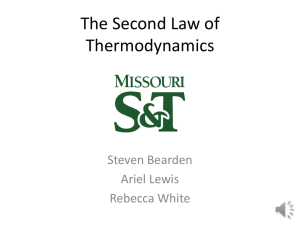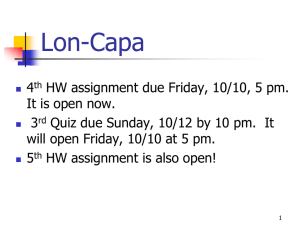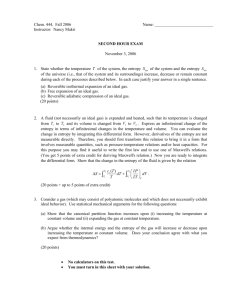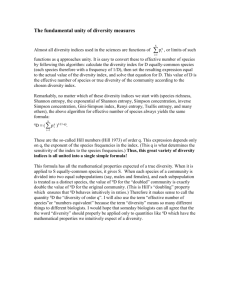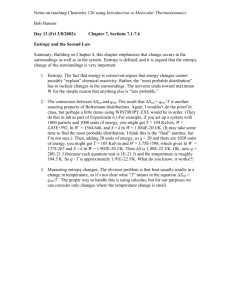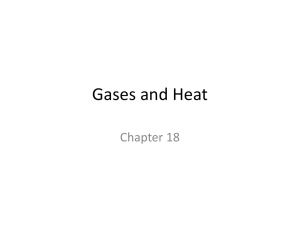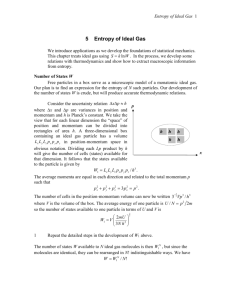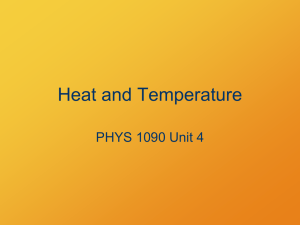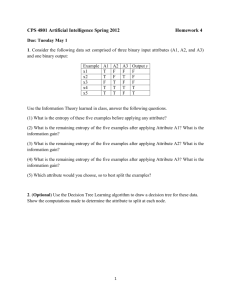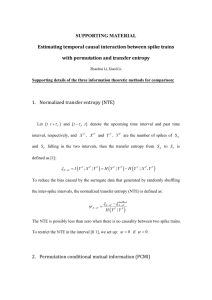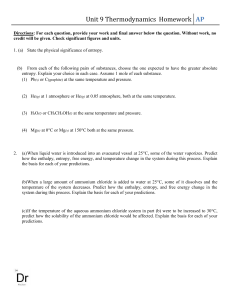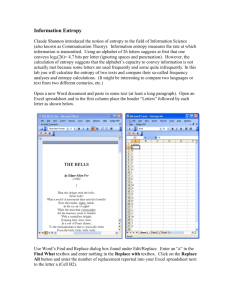Cooperation between Natural and Social Sciences: Towards a New
advertisement
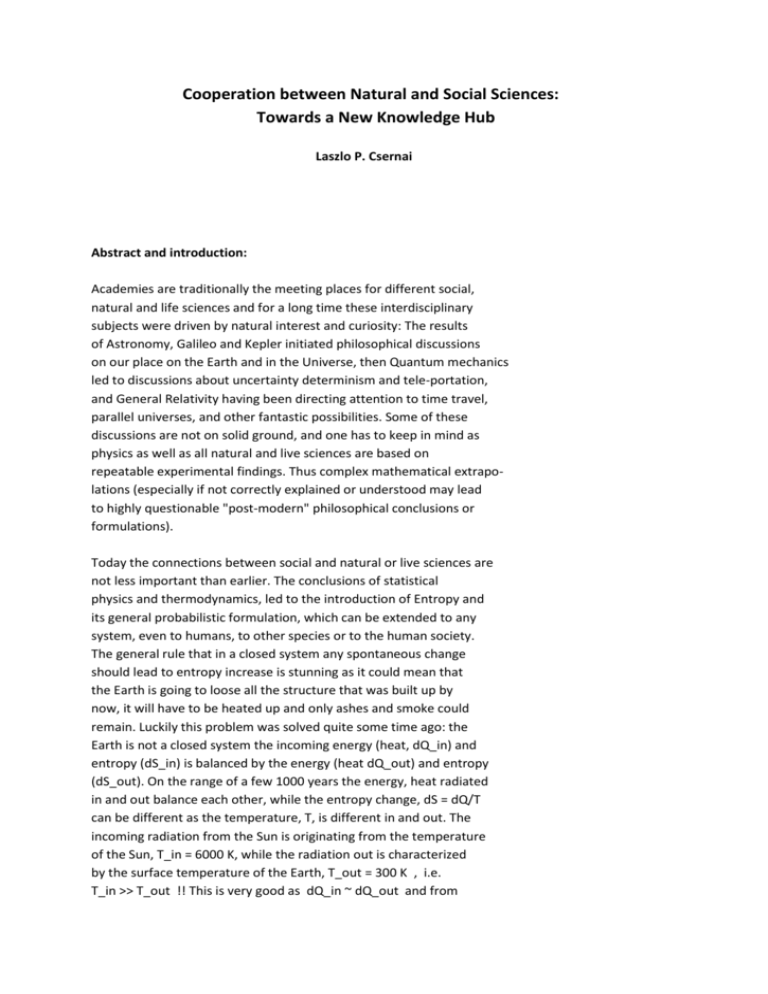
Cooperation between Natural and Social Sciences: Towards a New Knowledge Hub Laszlo P. Csernai Abstract and introduction: Academies are traditionally the meeting places for different social, natural and life sciences and for a long time these interdisciplinary subjects were driven by natural interest and curiosity: The results of Astronomy, Galileo and Kepler initiated philosophical discussions on our place on the Earth and in the Universe, then Quantum mechanics led to discussions about uncertainty determinism and tele-portation, and General Relativity having been directing attention to time travel, parallel universes, and other fantastic possibilities. Some of these discussions are not on solid ground, and one has to keep in mind as physics as well as all natural and live sciences are based on repeatable experimental findings. Thus complex mathematical extrapolations (especially if not correctly explained or understood may lead to highly questionable "post-modern" philosophical conclusions or formulations). Today the connections between social and natural or live sciences are not less important than earlier. The conclusions of statistical physics and thermodynamics, led to the introduction of Entropy and its general probabilistic formulation, which can be extended to any system, even to humans, to other species or to the human society. The general rule that in a closed system any spontaneous change should lead to entropy increase is stunning as it could mean that the Earth is going to loose all the structure that was built up by now, it will have to be heated up and only ashes and smoke could remain. Luckily this problem was solved quite some time ago: the Earth is not a closed system the incoming energy (heat, dQ_in) and entropy (dS_in) is balanced by the energy (heat dQ_out) and entropy (dS_out). On the range of a few 1000 years the energy, heat radiated in and out balance each other, while the entropy change, dS = dQ/T can be different as the temperature, T, is different in and out. The incoming radiation from the Sun is originating from the temperature of the Sun, T_in = 6000 K, while the radiation out is characterized by the surface temperature of the Earth, T_out = 300 K , i.e. T_in >> T_out !! This is very good as dQ_in ~ dQ_out and from dS = dQ/T , we get that dS_Earth = dS_in - dS_out << 0 !! Thus the entropy of the Earth is decreasing, or its "Neg-Entropy" is increasing. This is because the Earth is not a closed system and its energy and entropy balance allows for a substantial Neg-Entropy increase. The entropy on the Earth is represented by the humanity and the living world where the information stored in the brain and in the DNA represent the largest amount of Neg-Entropy per given mass. The astrophysical entropy balance of the Earth enables the population increase and the increase in the intelligent and increasingly complex constructions on the Earth. These issues were the key points of the Club of Rome a few decades ago. The present and near future developments in the human society are also connected to the developments in natural sciences. We have seen that energy and complexity had a key role in recent fundamental developments in sciences and consequently in philosophy and social sciences also. Now the energy, energy supply, and energy sustainability are becoming focal points of the human society, which are decisive even in questions of War and Peace, as well as the growth of humanity. The cooperation between social and natural sciences is more important than ever before. We need a correct and precise evaluation of sustainability and stability on the natural science level as well as on the level of economy and business. This second economic aspect is not corresponding well to the natural and physical balance and is influenced by political influence, and different political and ideological interests. It is not certain and not studied if these influences increase or decrease the sustainability of our global system. For example the prices of the new energy conversion facilities, solar power, wind turbines and devices like electric cars are not reflecting the real energetic costs, energy losses, and energy efficiencies. The majority of the population does not even know that there are Laws of Nature, which regulate these things, and it would need a strong collaboration between natural and social scientists to work out reliable data. This will also hurt the political interests of different groups, so the impartial academic type of effort is more important than ever. A few concrete details of such actual problems and their consequences will be mentioned in the presentation, which could be a basis for further discussion as well as forming out the initial program of an interdisciplinary Knowledge Hub. An example of such an Hub is the new AE Bergen Hub, where one of the focal topics is energy, and another is radiation treatment in medicine. Another related center is the Trento ECT^* a theoretical conference and workshop center, established about a decade ago. László Csernai is a Humboldt Prize winner, Professor of Theoretical Nuclear Physics of the University of Bergen, Norway since 1987. External Member of the Hungarian Academy of Sciences, Member of the Council of Academia Europaea, former director of Bergen Computational Physics Lab, an EU Research Infrastructure and Member of the Board of the AE Bergen Knowledge Hub.
